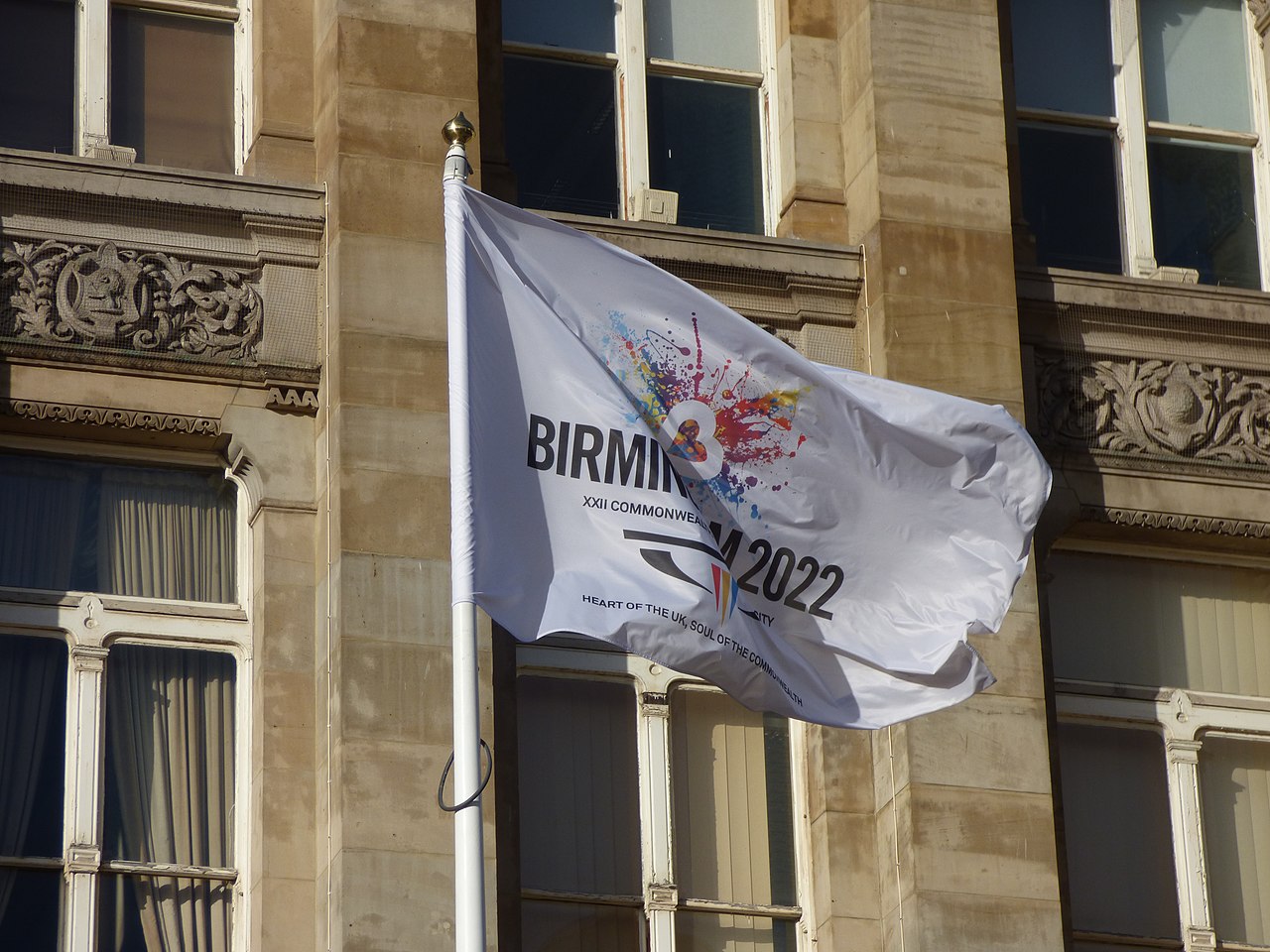An ‘extra-mini Olympics’: does a slimmed-down Commonwealth Games promise more inclusivity or signal its death?
After the Australian state of Victoria pulled out of hosting the 2026 Commonwealth Games, the future of the event was plunged into doubt and questions were raised over whether the Games would ever be staged again.
That was until Glasgow, who previously hosted the Games ten years ago, threw their hat back into the ring. This time, however, the competition will look very different to the last Glaswegian Games in 2014, which were widely hailed as a success and raked in over £740 million for the Scottish economy.
With concerns that the Games are “all cost and no benefit” (in the words of Victoria’s State Premier), Commonwealth bosses are scrambling to find a way to prove that the event can be kept on its feet whilst still engaging athletes and fans. The fact that the Games have been saved from the immediate threat of extinction will be a cause for celebration for some, but worries are still in the air over how the next Games will look, as bosses are set to cull sports to keep the event going strong.
A dozen sports will be dropped from the Games’ schedule, with rugby sevens, hockey, and diving among those on the chopping board
A dozen sports will be dropped from the Games’ schedule, with rugby sevens, hockey, and diving among those on the chopping board. World Rugby have slammed the decision, calling it “a significant loss for players, fans, and the Games themselves,” though organisers of the Games have claimed that the decision is needed to preserve its future, with the shrinking size allowing for fewer venues and an overall cheaper Games.
Speaking to BBC Sport, Katie Sadleir, Chief Executive of the Commonwealth Games Federation, simply said that: “The Games had got out of hand – it was too big and trying to be a ‘mini-Olympics’.” It now seems, however, that the 2026 Games will not only be a ‘mini-Olympics’ but an ‘extra-mini-Olympics’ with only ten sports set to be included – the fewest since 1994.
This decision will, undoubtedly, raise fears for athletes with many using the competition to launch their careers in the past. Student sports prodigies often see the Commonwealth Games as the first step on their path to success, with over 200 BUCS students and alumni taking part in the 2022 Games in Birmingham.
Whilst increased inclusivity may be a boost to the sports, there’s no denying that the plans will only provide a temporary plaster to the bigger problems at hand for the Commonwealth Games
However, despite widespread criticism, Commonwealth organisers have promised that the new-look Games will make the event more inclusive and “create a sustainable model that can go around the Commonwealth”. Para-sports, for example, will again be fully integrated within the Games, giving them an equal platform beyond what they receive in the Paralympics – in some countries, the Paralympics are given ten times less coverage than the Olympics.
Whilst increased inclusivity may be a boost to the sports, there’s no denying that the plans will only provide a temporary plaster to the bigger problems at hand for the Commonwealth Games. The ten-sport Games are “definitely not a precedent”, according to Sadleir, yet with no cities currently placing bids to host the 2030 Games, the number of sports may drop even further – to zero.
Critics of the games may argue that this is a good thing, viewing the Games as anachronistic and a lasting symbol of Britain’s colonial legacy. Whilst the Games “aim to unite the Commonwealth family through a glorious festival of sport”, the very foundations of the Games are rooted in “increasing goodwill and understanding of the British Empire”. To this day, the UK remains at the centre of the Games, with four of the last seven tournaments held in either England or Scotland – hardly a sign of ‘unity’ or sharing the joy of sport around the Commonwealth.
Like them or not, the Games will be hitting Glasgow in 2026, albeit with fewer sports to watch and cheer along with
The remaining sports for 2026 are also strongholds for British teams with the likes of boxing and lawn bowls making the cut. Other countries have not been so lucky with the sports facing the chop. It could be a mere coincidence that nearly half of the 210 Indian athletes who competed in Birmingham participated in sports that will not be staged in Glasgow, yet eyebrows have inevitably been raised that “it feels like a conspiracy to sideline India’s rising sporting potential”.
Like them or not, the Games will be hitting Glasgow in 2026, albeit with fewer sports to watch and cheer along with. The future of the Games after that, though, are up in the air – will the Games find increased interest in the future, or is the Commonwealth death knell sounding?

Comments